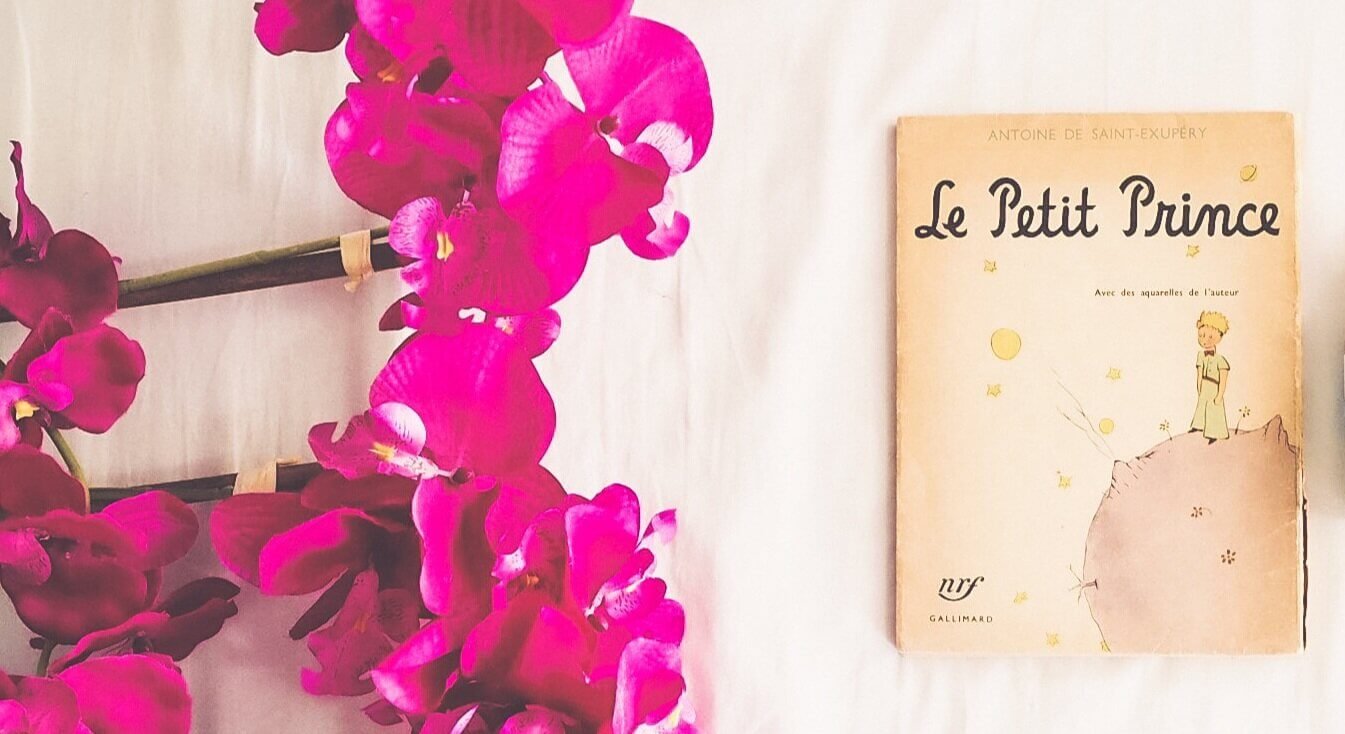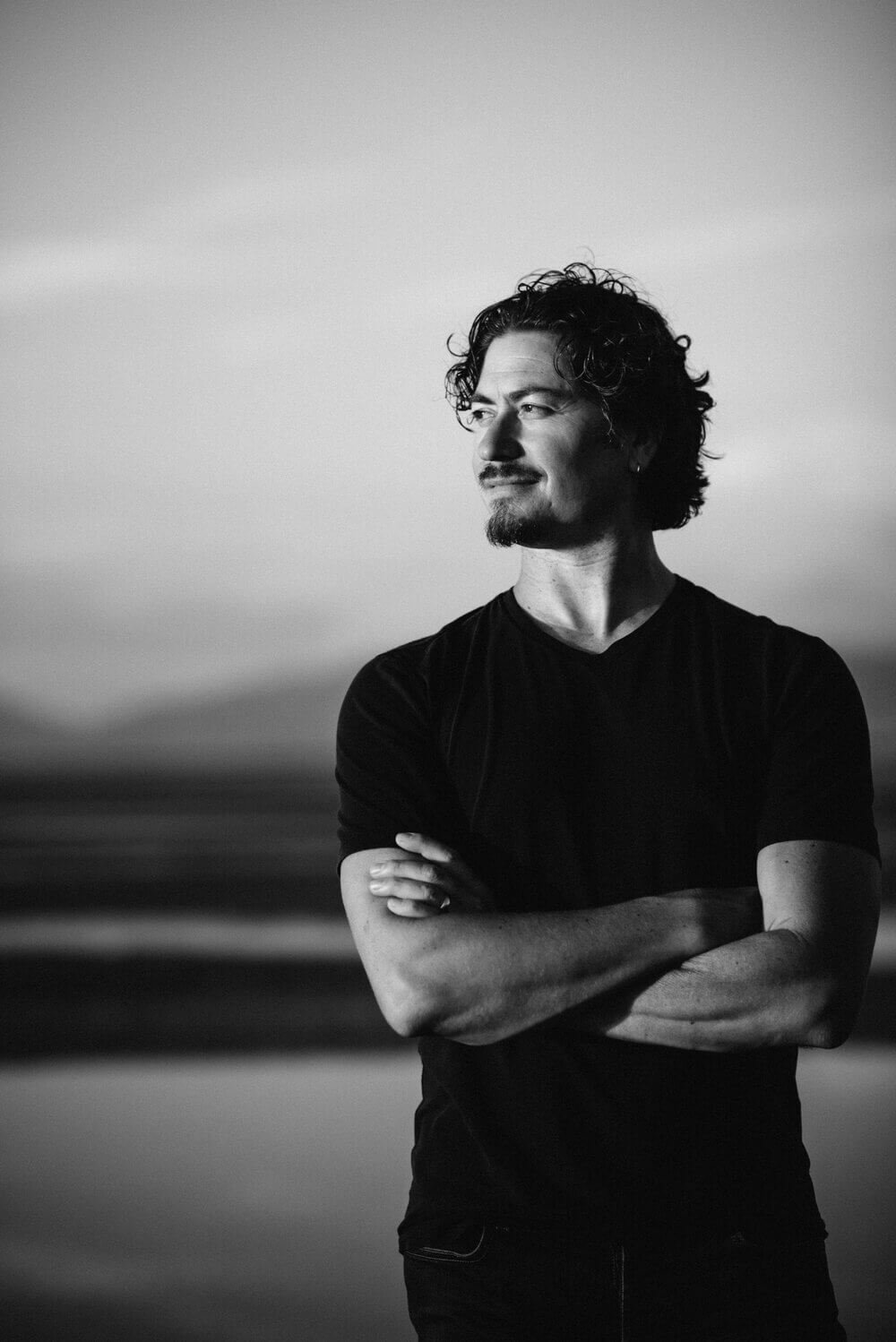There’s Something Going Around
I’m getting over a cold.
It’s been no fun.
But today, I want to talk about something else that’s going around and that is even more nasty and lugubrious than a cold. It’s uber-contagious and gross and it’s making a lot of us very, very sick.
I’m not talking about sniffles and coughs, but something that is far more pernicious, something that is clouding our minds and hearts.
It’s an election year and what’s running rampant is a scourge of fear, negativity, and division.
I see it in my friends, my neighbors, and community.
I feel it trying to creep into myself.
It’s strange how we so willingly pass along the virus of negativity and fear to each other.
But yoga and meditation can help.
My Precccioussss …
I know people, and so do you, whose health is truly suffering because of this political “news” binging. They are losing sleep, experiencing anxiety, looking at the world increasingly in fear and paranoia.
The reason that all this negativity is so pernicious, so vile, so harmful, is that in truth … there's a part of us that loves it.
Outwardly, we might vociferously complain about our supposed political enemy but, if we are really and truly honest with ourselves, we cherish that displeasure. We’re like Gollum from The Lord of the Rings who holds onto the malevolent ring of power, the object of his deepest desire that is simultaneously eclipsing his heart and poisoning his mind so completely that he is utterly unable to release it. It’s like evil Sauron has given us all a golden ring of political negativity that is slowly poisoning us all.
This negativity conjured by this political season is as addicting as any drug, because it is a drug.
There’s a part of us that gets a massive emotional reward from all of this negativity—a heroic dose of dopamine that keeps us glued to our screens and refreshing our social media feeds for more and more of it. We become veritable “news” junkies, addicted to this bitter poison, lost in the continuous “pleasure” of the pain, and deafened by the echo chamber of our fears and one-sided opinions.
Like a pusher on the corner, politicians and sensationalist media alike understand exactly how addicting all this negativity is and are purposefully serving us an overdose of this junk for the simple and sinister purpose of power and profit.
The Peace Chant
One antidote to this suffering is The Peace Chant Om Sahana Vavatu, an ancient chant which I love, one that has been a sacred guide along my own spiritual journey. One of my favorite translations of this chant has a few lines that are so poignant, so right on.
It says:
May we not cherish hatred, anger, and displeasure.
May our hearts be full of love and may perfect friendship reign between us.
This prayer beseeches us to draw near to the best and most honorable parts of our hearts and to turn away from our natural propensity for negativity. In not so many words, it’s admonishing us to “Just say no to the drug of hatred, anger, and displeasure.” It’s a reminder of our innate True nature, that of love, friendship, and inclusion.
“But I Saw It On The News!”
We have to be discerning about both where we get our news and how much exposure we will allow ourselves to it. Sensationalist news sources are no different than “reality TV” that feed us selected and curated sound bites or scenes of an event, information that’s been edited with an agenda and designed to feed us an emotion and a story, one that often puts us lightyears from the entire truth.
This political “reality forming,” this fear mongering, these sensationalist soundbites, are not about informing us. They are designed to tie us in knots while simultaneously un-tie us as a people.
So What News Should I Consume?
We must be discerning enough to inform ourselves as best we can about the facts without abusing ourselves with sensationalist media. In your heart you know the difference.
We must search for balanced sources for the news.
My father-in-law is a prof of journalism and gave me some very helpful recommendations for exploring balanced news sources. I encourage you to check these out in a blog post I wrote called The News Is Consuming You.
No matter what news source we listen to or watch, we must always think critically, avoid extremes, use common sense, and above all, remain connected to our hearts.
Then we must turn off the talking heads, close social media, roll out our yoga mat or go on a fucking walk, to clear your head and ground yourself in your breath and body.
“Perhaps / The truth depends on a walk
around a lake”
— Wallace Stevens, Notes Toward a Supreme Fiction
Draw Inward But Not In A Cave
Don’t get me wrong. What we should NOT do is hide in a cave, close our eyes to the world, and sit self righteously as we meditate in our own personal campaign of spiritual bypassing. On the contrary, I believe it’s a distinct privilege to be part of a democratic process and get to vote, to act to help make the world a better place.
But outward actions must be informed by our inward attention. Practices such as yoga, meditation, and Yoga Nidra are essential because they remind us of that part of us that is already whole, that is part of the Oneness, the part that is fundamentally tied to inclusion and compassion. Once we are “yoked” to our highest self, then we must go out into the world and respond compassionately to the needs of our world, doing the work that helps us all to unite in a spirit of friendship as together we build a brighter future.
Oh, and I might suggest meditating BEFORE looking at the news.
Compassionate responsiveness is anathema to fearful reactivity.
MLK, Gandhi, and Buddha Walk Into A Bar …
Nonviolence to others and ourselves is surely at the heart of our yoga practice, our practice as human beings, and another antidote to this nefarious negativity. The first observance of yoga is Ahimsa, or non-violence.
The world’s middle-weight champion of nonviolent social revolution, Dr. Martin Luther King Jr. understood how essential nonviolence was to the lasting effect of social revolution. Many of his views on nonviolence came from studying the works and words of Mahatma Gandhi, the world's light-weight champion of nonviolence. Dr. King even traveled to India, in part as a pilgrimage to Gandhi's homeland. Ghandi understood very well the yogic texts along with their primary tenant of nonviolence as the genesis for revolution, both for individuals and peoples. Expounding on the principles of nonviolence taught by Gandhi, Dr. King said, “The nonviolent resister not only refuses to shoot his opponent but he also refuses to hate [them].” This malcontent, this hate for another person, people, or political affiliation is “the poison we ingest,” like the Buddha says—the world’s heavy-weight champion of nonviolence—“hoping that another will die.”
Violence Is Making Ourselves and Others Wrong
Violence is more than harming someone with force. It’s also violent to make someone else wrong or to vilify them. We don’t have to agree with other people’s opinions but, we must cultivate a clear enough vision not to also vilify them, to still see them as family. In truth, opposing opinions can be a marvelous illuminator for those things that are important to us, things which may have been dormant in our hearts until someone voiced a different opinion. Then, fueled with the fire of determination, we can practice compassionate responsiveness to act upon those desires.
What We Say Matters
I’m very proud to live in the shadow of the University that created something called The Dignity Index which scores speech with an eight-point scale, ranging from contempt to dignity. The creators assert that it’s not our disagreements that causes division between us, but rather the language we use to voice those disagreements. Their mission is to prevent violence, ease divisions, and solve problems. By drawing attention away from the speaker and more to their speech, they wish to negate the biases of partisan politics. They want to emphasize the power that each person has to heal our country and each by using dignified language.
My kid’s school district is even using the Dignity Index with a goal to teach our children how to use dignified language from a young age as well as to minimize things like bullying at school.
The Dignity Index recently scored the presidential and VP debates. You may or may not be surprised by the results.
No Matter What You Say …
And until we can all start to use language that promotes dignity, even within a disagreement, how might we respond when someone uses contemptuous language toward us?
The truth is, nobody can make you feel any particular emotion, regardless of whether or not it was intended to hurt you.
Sticks and stones, my friends. Sticks and stones.
Marshall Rosenberg, (author and founder of Nonviolent Communication, Ph. D. in clinical psychology and awarded Diplomate status in clinical psychology for his international work in personal, corporate, and international conflict resolution and peace talks) also teaches this essential yogic principle of nonviolence. He says that before we can practice nonviolence outwardly, we must first practice it inwardly by doing the work to eradicate negative self-talk and shame. This is yet another reason to practice yoga, meditation, and Yoga Nidra.
He says that in every circumstance, when we feel an emotion as the result of what someone did or said, it’s an invitation to lean into our heart, to understand what we feel, and to explore what needs that emotion expresses.
Here’s an example, “When _____ said ______, I felt [emotions: anger, sadness, fear, resentment, jealousy, disrespect, confusion , etc.]. I felt that emotion because it didn’t meet my need for [needs: justice, fairness, kindness, compassion, inclusion, listening, understanding, etc.].
Accepting personal responsibility for our emotions coupled with strong intrinsic practices of nonviolence (gentle yoga and meditation like loving kindness) help us to gain the vidya (clear seeing) that we are responsible for each of our emotions. Even more, that each emotion is a pointer to something else far greater than our emotions, something that is tied to the immutable and fundamental compassion of our being. While it often feels easier to blame someone else for our emotions, to truly be responsible for our own emotions is both humbling and immensely empowering.
With this consciousness toward nonviolence and taking responsibility for our own emotions, we are more capable to see that someone who pushes our buttons can actually be a gift, someone who illuminates what’s important for us and inspires us to compassionately respond to those important issues.
I DO Need To Have An Opinion About That
If you’ve been reading my writing for a while, you might be familiar with my beloved mantra, “I don’t need to have an opinion about that.” It’s truly been a game-changer. This mantra has helped me to recognize and release those things about which I truly don’t need to have an opinion—truly stupid stuff that truly doesn’t matter, like whether or not my dad listens to soft rock (two compound 4-letter words, deplorable doubled down).
Introspective practices like yoga and meditation also empower us to own our feelings and opinions, to see them as such. They teach us to listen to our hearts and discern between those things that truly matter and those that truly don’t.
“One only sees correctly with the heart. What is essential is invisible to the eyes.”
—The Wise Fox in The Little Prince
By letting go of the stupid shit, that detritus that’s not worth the cognitive calories, by simply choosing not to engage with it, we save the energy and bandwidth necessary to go out and respond compassionately to the urgent needs of our world. And because our practices root us to the compassion that is fundamental to our being, when we do go out and act, we do so from a place of love, not from fear, or worse, hate.
Compassion Takes Courage
This kind of compassionate engagement with the world takes courage. The word courage comes from the latin root, cor, which means of the heart. We must stay connected to our hearts and courageously respond to the world’s needs.
We must be courageous, not just because it feels like the world is burning and we need to do something—it is and we do—but because the world’s problems are not going to be solved with another sign in the yard and another rant to our friends who only commiserate and confirm our complaining.
What Do We Do?
Voting is essential but isn’t enough. We must also walk across to the other side of the political street, knock on our neighbor’s door armed with warm hearts, warm cookies, and weapon-grade love. We must be willing to discuss the hard issues in between bites of chocolate chips and learn about our neighbor’s values, their hopes, and their fears.
We can learn to listen. Mark Nepo, poet, spiritual adviser, and author of The Book Of Awakening said,
“To listen is to lean in softly with the willingness to be changed by what you hear.”
We must practice seeing the human on the other side and see that at their core, they are not so very different from us.
We are all tied for first place in this human race.
We must refuse to be manipulated by sensational media who would encourage us as people to fight one another, like animals pit against each other in a cage for sport or profit.
By practicing yoga and meditation, compassionate action, balanced doses actual news, and a commitment to heart-centered discourse is what will change us from being the un-tied states of America to the United States of America.
(And if you’re dyslexic like me, you might have to read that last sentence like 4 times).
May we all learn to become united in the politik of the heart so that when this election is over, no matter who wins, we can look around at the aftermath and count our friends on both sides of the street.
To end, I’d like to offer the Peace Chant:
Om Saha Naav[au]-Avatu |
Saha Nau Bhunaktu |
Saha Viiryam Karavaavahai |
Tejas vi na vadhi tamastu
Ma vid ve sa va hai
Om shanti shanti shanti
Translation:
May the divine protect us while we are together
May all obstacles be removed which stand in the way of our understanding the truth that all is one and that there is no division or separation between us.
May we grasp this understanding with full comprehension and without doubt so that all misunderstanding will be dissolved within us.
May we not cherish hatred, anger, or displeasure
May our hearts be full of love and and may perfect friendship reign between us.
May the space around us be free of fear.
May the north and south, east and west be free of fear.
May the earth be free of fear
May the past and future be free of fear.
May we have no foes
May we all be friends.
And may the entire human race unite in one fearless friendship.
Om. Peace, peace, peace.
A Yoga Nidra Recording For You
I’ve made a Yoga Nidra recording that is designed to help you stay grounded during an election year as we practice compassionate inclusion.
Namaste,









